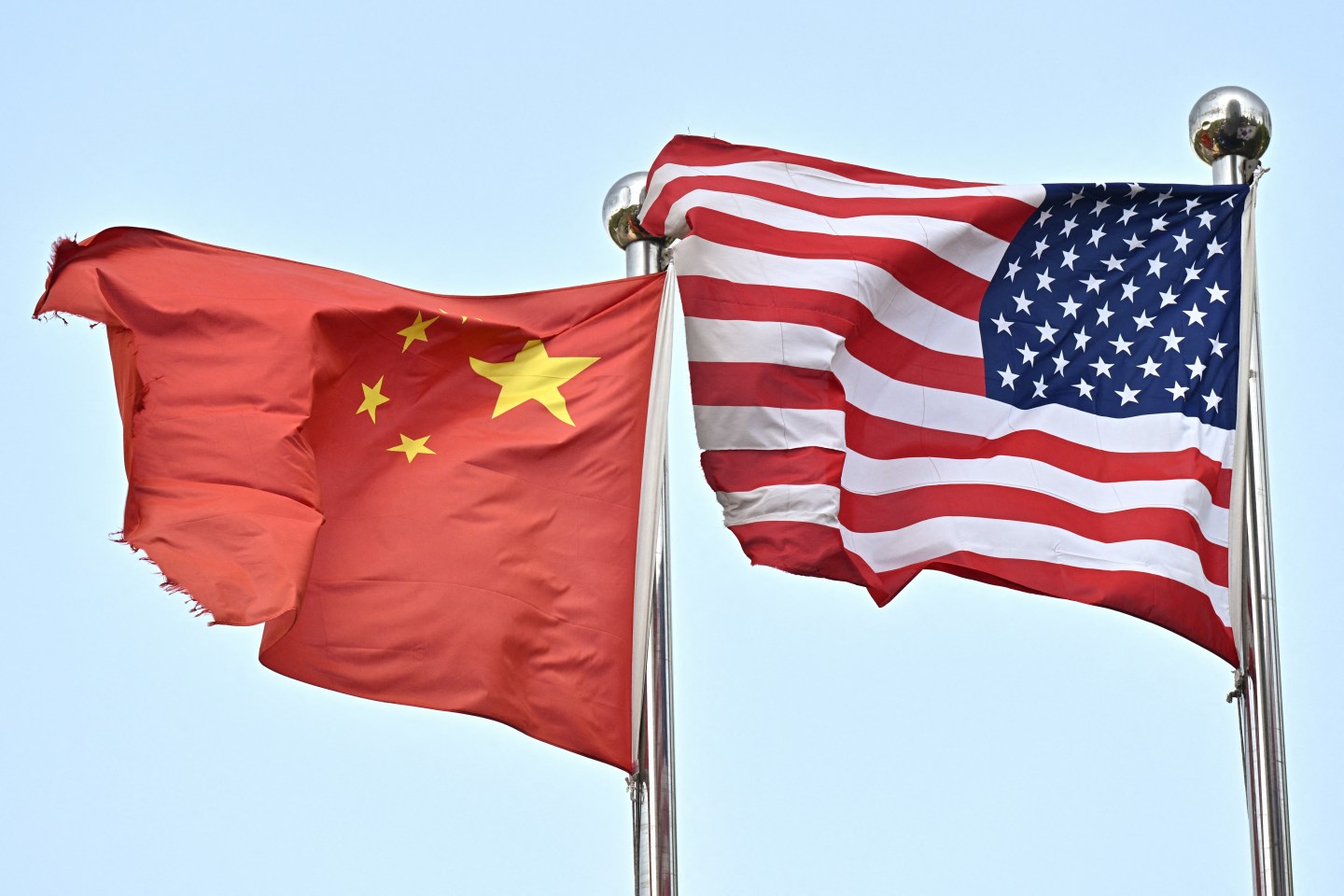Good morning,
Are you worried about inflation? Should you be?
Over the past few weeks, I’ve spoken with experts about finance chiefs’ growing concerns over inflation, which are coming to fruition. In June, a key inflation barometer closely monitored by the Federal Reserve increased 3.5% from a year earlier. The 12-month surge was the fastest since 1991, Fortune reported.
And at the same time, Duke University’s Fuqua School of Business and the Federal Reserve Banks of Richmond and Atlanta’s Q2 survey of CFOs, released in July, found 80% of respondents reported larger than normal cost increases. “More than three-quarters of firms are passing along at least some of those cost increases onto their customers,” Sonya Ravindranath Waddell, vice president and economist at the Federal Reserve Bank of Richmond, told me.
What does this mean for stocks? “Stocks are more expensive than at any time since the tech craze of 2000. The bulls are partying on the beach while a swirling storm brews offshore,” writes my Fortune colleague Shawn Tully.
In his latest piece, Watch out: High inflation plus very low interest rates are a deadly combination for stocks, Shawn explains: “In most periods, investors prize moderation, and abhor extremes, for two prime drivers of stock prices: inflation and ‘real’ interest rates. When either or both of those metrics diverge from their sweet spots and get excessively high or low, valuations typically settle at depressed levels. Today, consumer and industrial prices are rising at their fastest pace in over a decade, and rates—adjusted for inflation—have seldom hovered this deep in negative territory.” He refers to this situation as “the great disconnect.”
Shawn writes: “Periods when multiples are ultra-elevated, and both rates and inflation enter the red zone, don’t last. Valuations trend downwards toward the P/Es that usually prevail when the two crucial yardsticks go rogue. That’s precisely the scenario today.”
In an interview with Rob Arnott, founder of the firm Research Affiliates, and assessment of Arnott’s research, he delves into topics including the history of “why investors hate it when inflation and rates leave the comfort zone,” and the dangers of the great disconnect.
See you tomorrow.
Sheryl Estrada
sheryl.estrada@fortune.com
****
“Companies don’t just want to wait on the sidelines while the process of setting standards takes place around them. They would much rather be actively involved, contribute, and learn valuable lessons from the experience. The more companies we have committed to this initiative, the louder our voice in the ecosystem.”
—Brian T. Moynihan, chairman and CEO, Bank of America
Fortune’s CFO Collaborative in partnership with Workday, “The Promise and Pressure of ESG Measures,” takes place on Wednesday, August 11. The event, created just for CFOs, will feature Moynihan along with Claus Aagaard, CFO, Mars Inc.; Ann Dennison, CFO, Nasdaq; Giulia Siccardo, associate partner, McKinsey & Company; and Emma Stewart, sustainability officer, Netflix. CFOs can apply here. For more information, email CFOCollaborative@Fortune.com.
Big deal
The July ADP National Employment Report released August 4 found private sector companies in the U.S. added 330,000 jobs in July 2021. “The labor market recovery continues to exhibit uneven progress, but progress nonetheless," Nela Richardson, chief economist, ADP, said in the report. "July payroll data reports a marked slowdown from the second quarter pace in jobs growth." Richardson noted "bottlenecks in hiring" as a barrier to stronger gains.

Courtesy of ADP Research Institute
Going deeper
An S&P Global Market Intelligence analysis released on August 4 found that as the probability of defaulting amid the pandemic era is reducing due to improving revenues, many U.S. companies are reducing 2020 “liquidity cushions.” The median cash ratio compares an organization's cash and cash equivalents to its current liabilities, making it an intently monitored liquidity measure, according to the analysis. In the first quarter of 2021, the median cash ratio of investment-grade rated U.S. companies decreased to 29.4% compared to a pandemic high of 34% in the third quarter of last year, the report found.
Leaderboard
John W. Mollard was named acting CFO at Lockheed Martin, effective immediately. Current CFO Kenneth R. Possenriede has decided to retire due to personal reasons, according to the company. Mollard had been serving as VP and treasurer. His career at Lockheed Martin spans almost four decades.
John J. Quaid was named EVP and CFO at MPLX GP LLC, which operates several natural gas gathering systems, effective Sept. 1, 2021. Quaid succeeds Pamela K.M. Beall in the role. Beall is retiring after more than 25 years of service with sponsor Marathon Petroleum and MPLX. Quaid joined MPC in 2014 as VP and controller and has served as SVP and controller since 2020.
Overheard
"Read my lips, physical retail is here to stay and people really like to shop in the physical world."
—Chairman, President, and CEO of Simon Property Group David Simon, in a conference call, tells analysts that critics shouldn't write off physical retail, as reported by Yahoo Finance.












